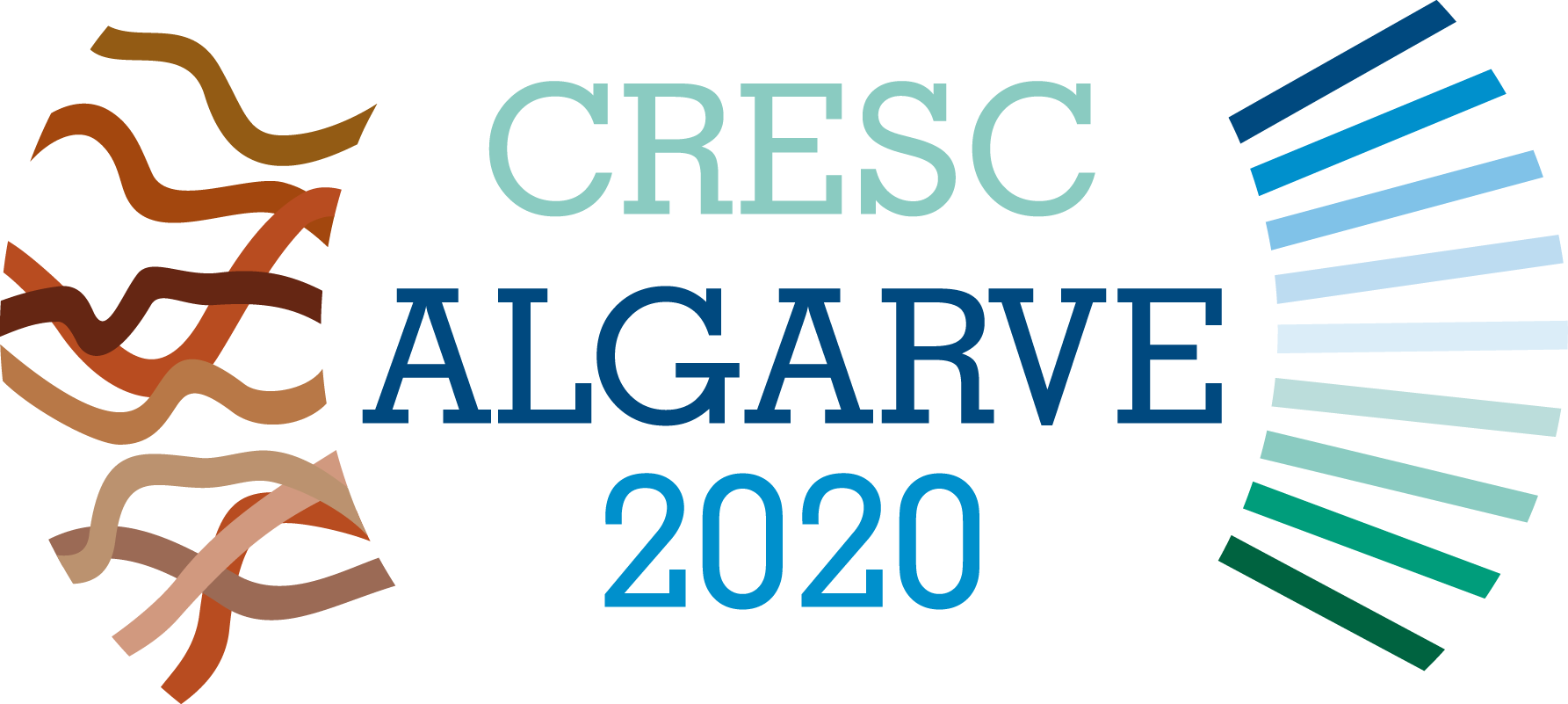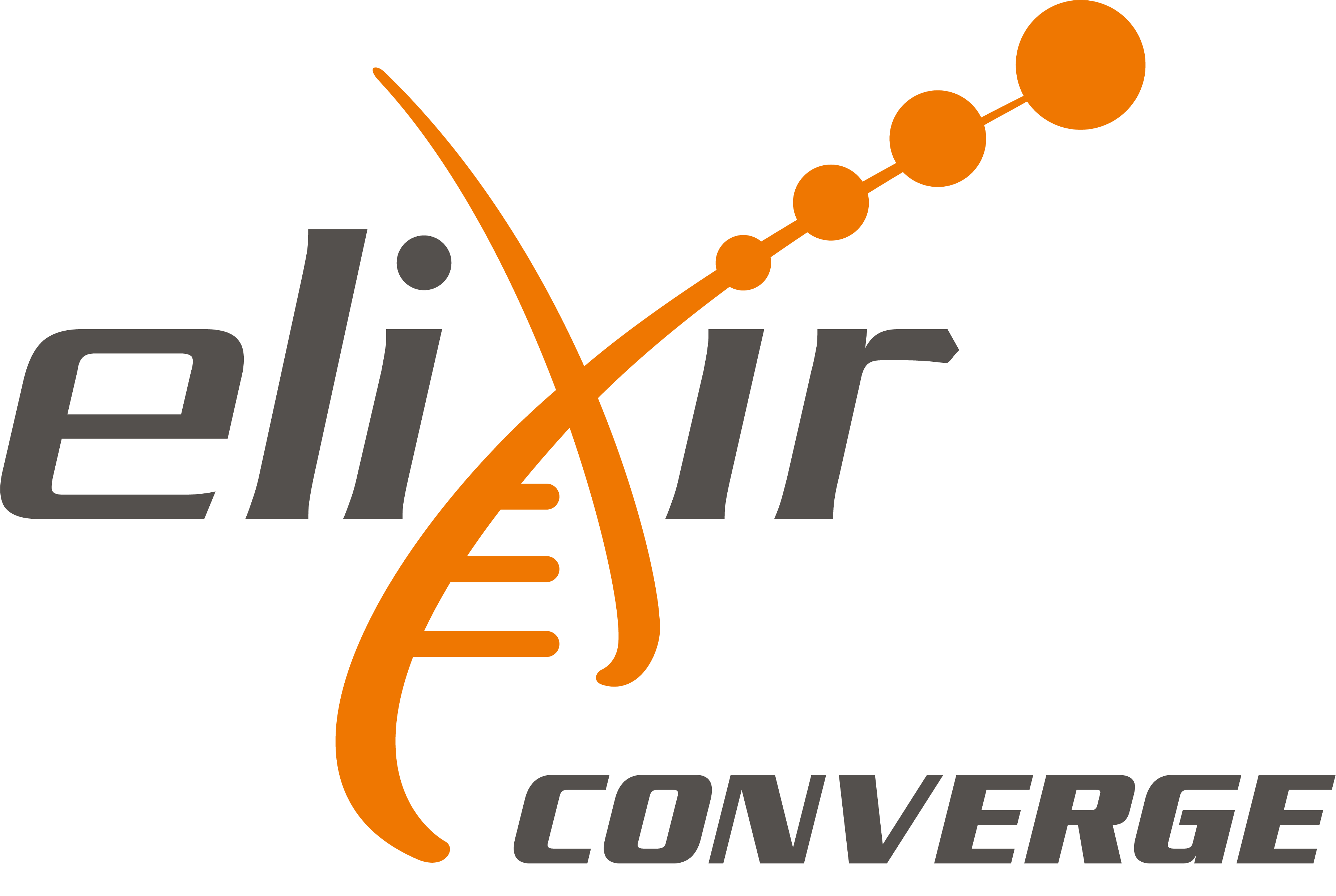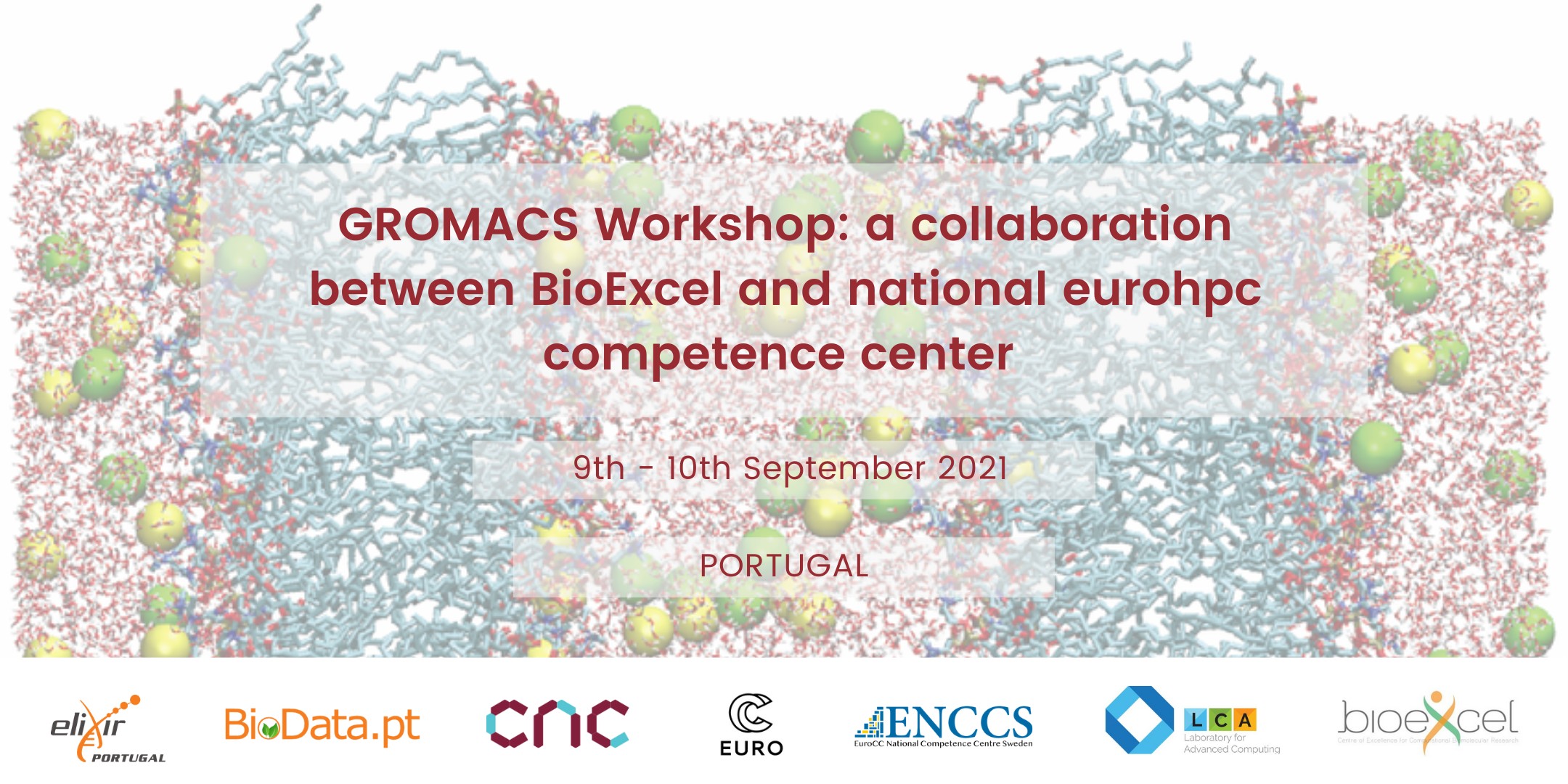
About this event
Molecular Dynamic (MD) simulations are fundamental to understand the mechanism of biological systems. This workshop aims to provide an introduction on the use and on the features of a well-established and highly used package in the field GROMACS.
The workshop covers an introduction to MD simulation, to accelerated weight histogram methods and to GraphicsGraphical Processing Units (GPU) performance. At the end the participants will be familiar with the features of GROMACS code, and they will be able to set up and perform molecular simulation on the covered topic.
Programme
Thursday, 9 September
9:00-9:05 BioExcel Introduction
Rossen Apostolov
9:05-10:00 Introduction to MD using GROMACS
Alessandra Villa
10:00-10:15 Break
10:15-11:45 Tutorial: Basic MD tutorial
Alessandra Villa
11:45-12:00 Break
12:00-13:00 GROMACS features
Joe Jordan
13:00-14:30 Lunch Break
14:30-15:30 Accelerated Weight Histogram lecture
Berk Hess
15:30-16:30 How to deal with pH effects in GROMACS: from simple peptides to membrane proteins
Miguel Machuqueiro
Friday, 10 September
9:00-11:00 GROMACS GPU performance
Mark Abraham
11:00-11:30 Break
11:30-13:00 DNA base flipping - AWH tutorial
Joe Jordan
13:00-14:30 Lunch Break
14:30-15:00 Rooms with Q&A on GROMACS
15:00-15:30 Watching viral fusion peptides in action: How viruses force their way through the host membrane
Diana Lousa
15.30-16:00 G-Protein Coupled Receptors: the role of molecular dynamics to understand structure-function relationship
Irina Moreira
Requirements for the lectures
- Basic knowledge of biophysics
Requirements for the tutorials
The tutorials will be provided as an interactive Jupyter notebook based on GROMACS. To be able to follow the tutorials you need to have a basic knowledge of:
- Linux command line
If you do not have prior experience with this, or if you would like a refresher, please look through this tutorial
- Jupyter notebook
Jupyter notebooks are built on Python. If you do not have prior experience with this, or if you would like a refresher, please look through a brief introduction to Jupyter notebook
Registration
- Free with access to all talks and networking
- Maximum number of participants: 100
- Registration will be on a first come, first serve basis
The conference will be provided via Zoom. Registrants will be able to follow the talks via live-stream and will also be able to communicate with speakers and other attendees via direct message. Detailed instructions on virtual platform access will be sent to all registered attendees closer to the date.
Local Organization
Laboratory for Advanced Computing of the University of Coimbra
Centre for Neuroscience and Cell Biology of the University of Coimbra
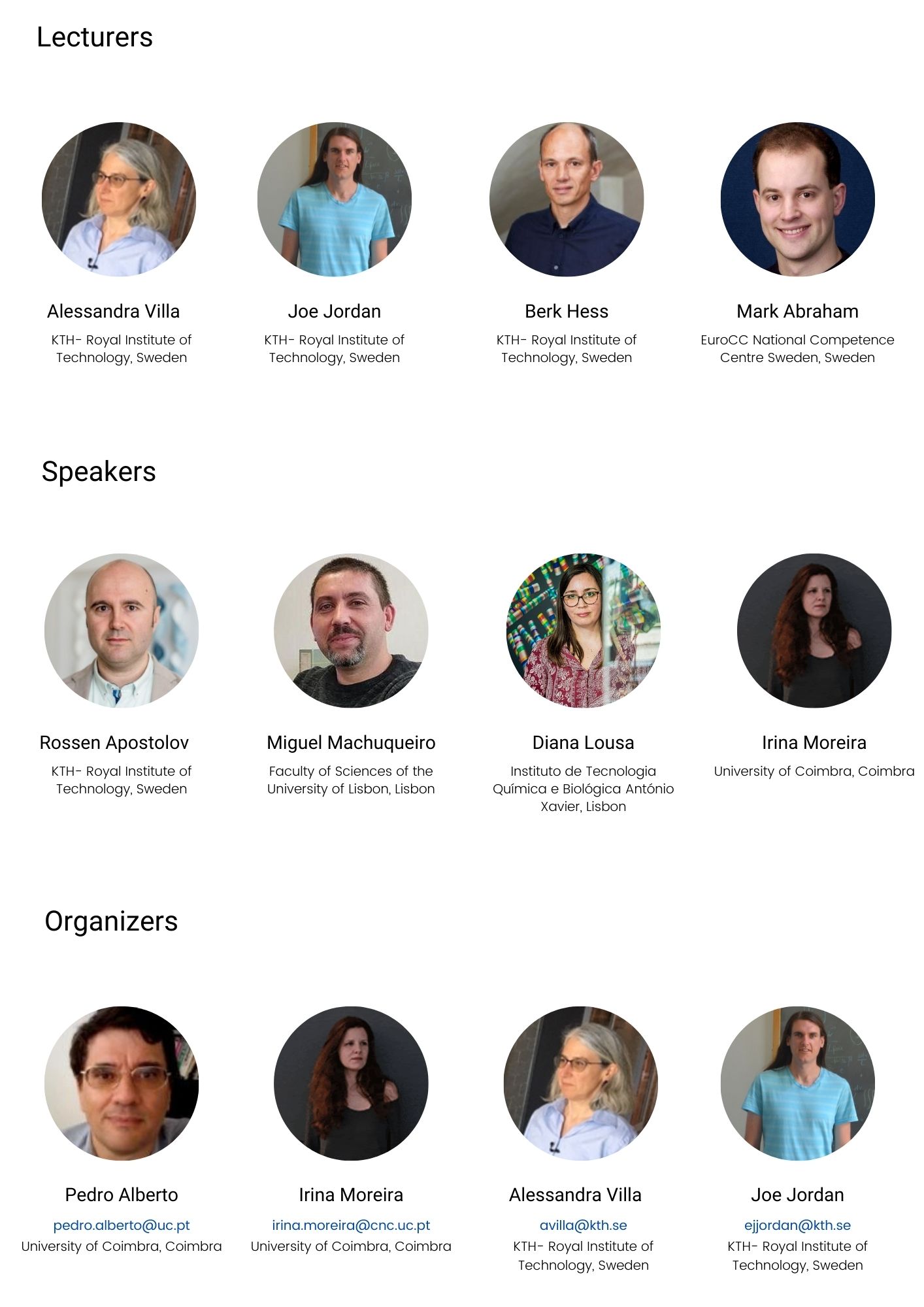
The BioData.pt Code of Conduct has been adapted from ELIXIR Hub Code of Conduct for Events so all participants at BioData.pt events can interact with each other in a respectful and safe environment safeguarding their personal integrity in case they believe there has been a breach to this Code of Conduct.
Please note that the event will be recorded.
Portugal


